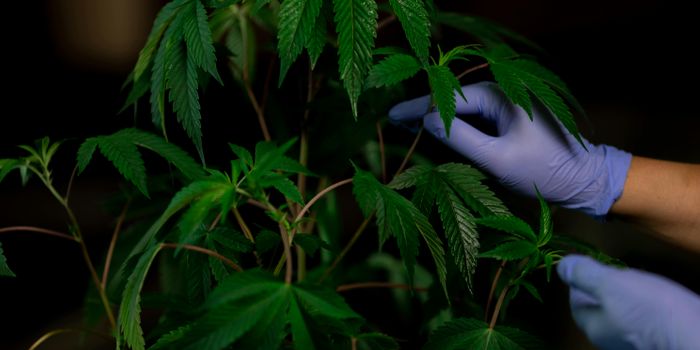Cannabis use proven to lower brain activation in working memory
A recent study published in the Journal of the American Medical Association has provided valuable insights into the effects of cannabis use on brain activation, particularly in relation to cognitive tasks such as working memory.
One of the most significant findings of the study was that heavy lifetime cannabis use was associated with lower brain activation during the working memory task. This association persisted even after excluding individuals with recent cannabis use, indicating that cumulative exposure to cannabis may have a lasting impact on brain function. Specifically, reduced activation was observed in the dorsolateral prefrontal cortex (PFC), dorsomedial PFC, and anterior insula, regions known to have a high density of CB1 receptors. Prior research has demonstrated that THC exposure can decrease CB1 receptor density and sensitivity, which could explain the lower cortical thickness observed in these areas among heavy cannabis users.
Although recent cannabis use was also linked to lower activation in the working memory and motor tasks, these associations did not hold after false discovery rate correction.While recent cannabis use was associated with poorer performance on the working memory task, episodic verbal memory task, and theory of mind task, lifetime heavy use was not directly linked to performance deficits. This distinction underscores the importance of examining both acute and long-term effects of cannabis on cognitive function.
Notably, the study found no significant association between a diagnosis of cannabis dependence and brain function. This suggests that factors related to dependence, such as social and legal consequences, may not be directly linked to neural outcomes. Instead, exposure to pharmacologically active components of cannabis, such as THC, appears to play a more crucial role in shaping brain activation patterns.
Joshua Gowin, PhD, assistant professor of radiology at the University of Colorado School of Medicine on the University of Colorado Anschutz Medical Campus, stated, "As cannabis use continues to grow globally, studying its effects on human health has become increasingly important. By doing so, we can provide a well-rounded understanding of both the benefits and risks of cannabis use, empowering people to make informed decisions and fully comprehend the potential consequences."
Overall, this study contributes to the growing body of literature on cannabis and cognitive function by providing robust evidence of its effects on brain activation. These insights emphasize the need for continued research to fully understand the long-term implications of cannabis use and inform public health strategies.
Sources: Journal of the American Medical Association, PR Newswire








